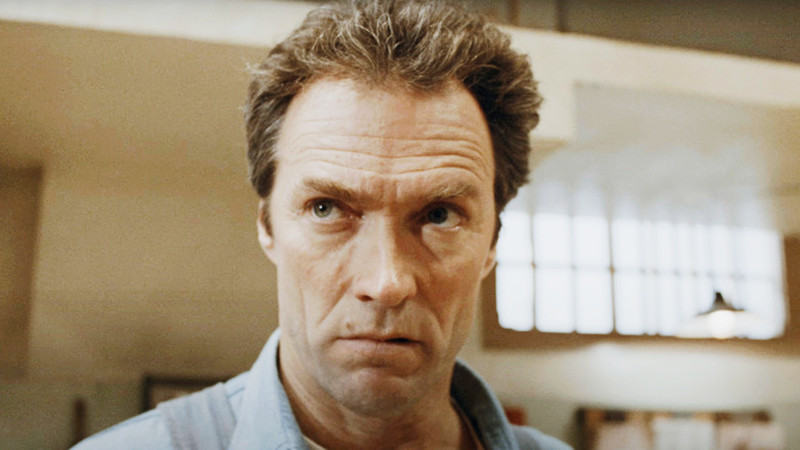
The 1980s are often remembered for their brashness, big action, bigger hair-Arnold Schwarzenegger shooting people. But away from the glitz and gloss of the box office juggernauts, American cinema was producing a fascinating range of more grounded, often daring films, works that explored character, politics, and social unrest with grit and nuance.
These films may have flown under the radar at the time, or been overshadowed by louder competition, but they’ve quietly aged into cinematic documents that are deserving of a reappraisal. Here are 10 underrated American classics from the 1980s that you might not have seen.
1. Nighthawks (1981)
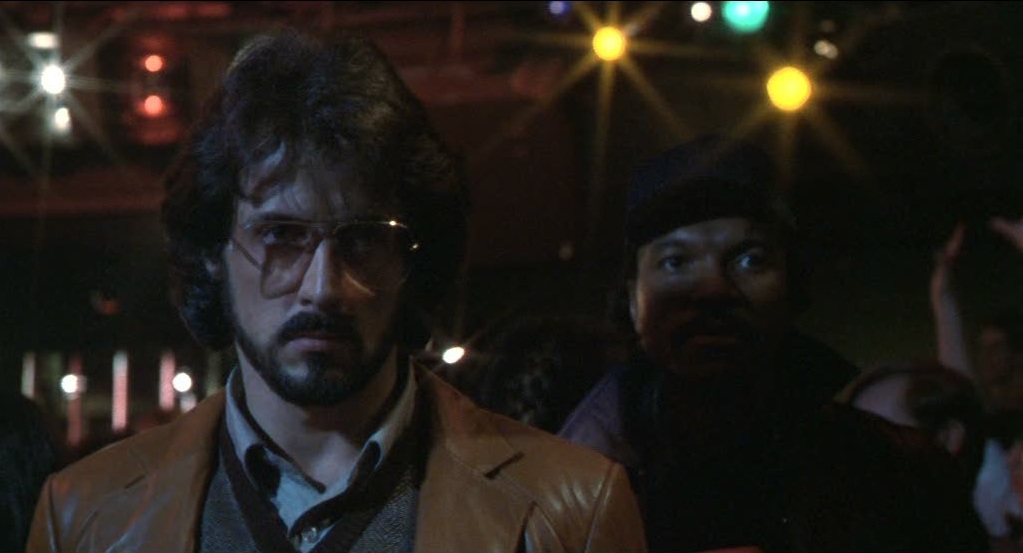
Sylvester Stallone may be best remembered for Rocky and Rambo, but Nighthawks offered something far more interesting, an urban thriller with a European edge.
Stallone plays Deke DaSilva, a New York cop tasked with tracking down a ruthless international terrorist (played rather chillingly by Rutger Hauer in his first American role). Fascinatingly, Nighthawks was originally conceived as The French Connection III, but when Gene Hackman was reluctant to reprise the role of Popeye Doyle, Bruce Malmuth’s film became something else.
Stallone, sporting a beard that looks like he’s come straight from the set of Serpico (1973), delivers one of his more nuanced performances, and the film leans into the paranoia and murk of early 1980s Manhattan. Stylish, tense, and at times surprisingly thoughtful, it’s another of Stallone’s most underrated outings, culminating in a tense finale in a cable car no less.
2. Outland (1981)
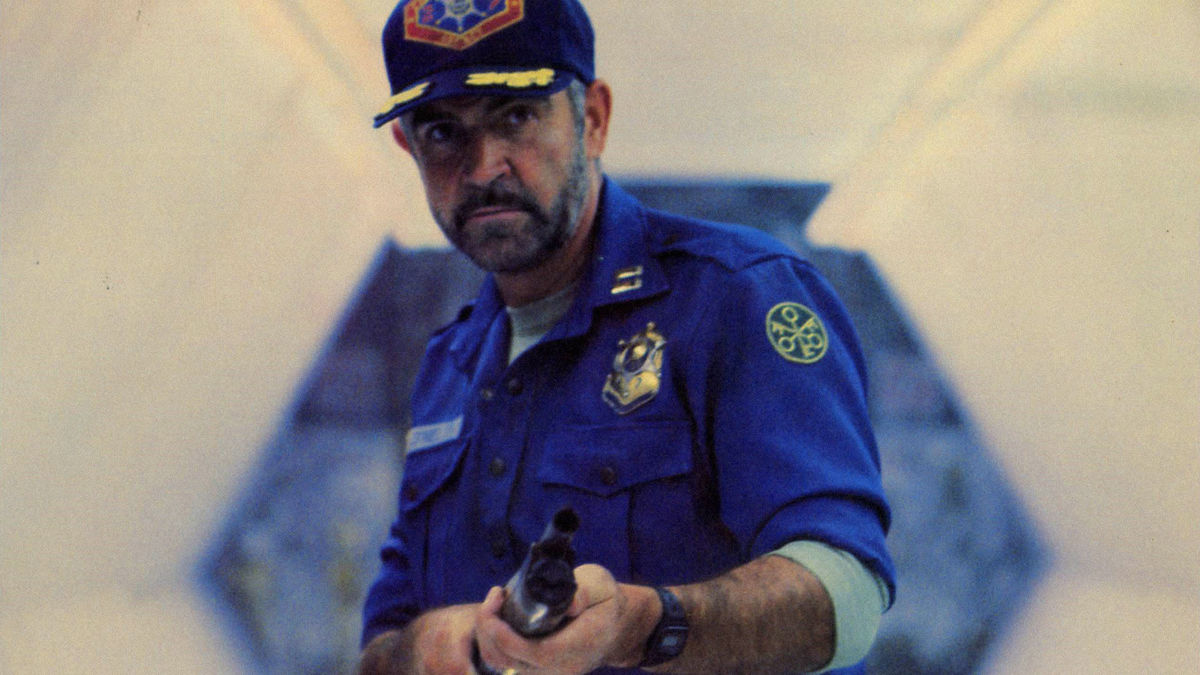
Outland sometimes feels like High Noon (1952) in space. It’s a sci-fi Western that swaps spurs for spacesuits and casts Sean Connery as a beleaguered marshal facing down corporate corruption in a remote mining colony.
The film’s production design is deeply atmospheric—grimy corridors, flickering monitors, and a constant sense of isolation—recalling Ridley Scott’s Alien that had emerged just two years previously.
Jerry Goldsmith’s score adds to the tension, and Connery anchors what is essentially a space-age morality play, and while Outland may have been overshadowed by flashier sci-fi films of the era, it’s a tightly wound thriller with a surprisingly timely message about profit vs people, and was very much a touching point for Fede Alvarez’s Alien: Romulus (2024).
3. Variety (1983)
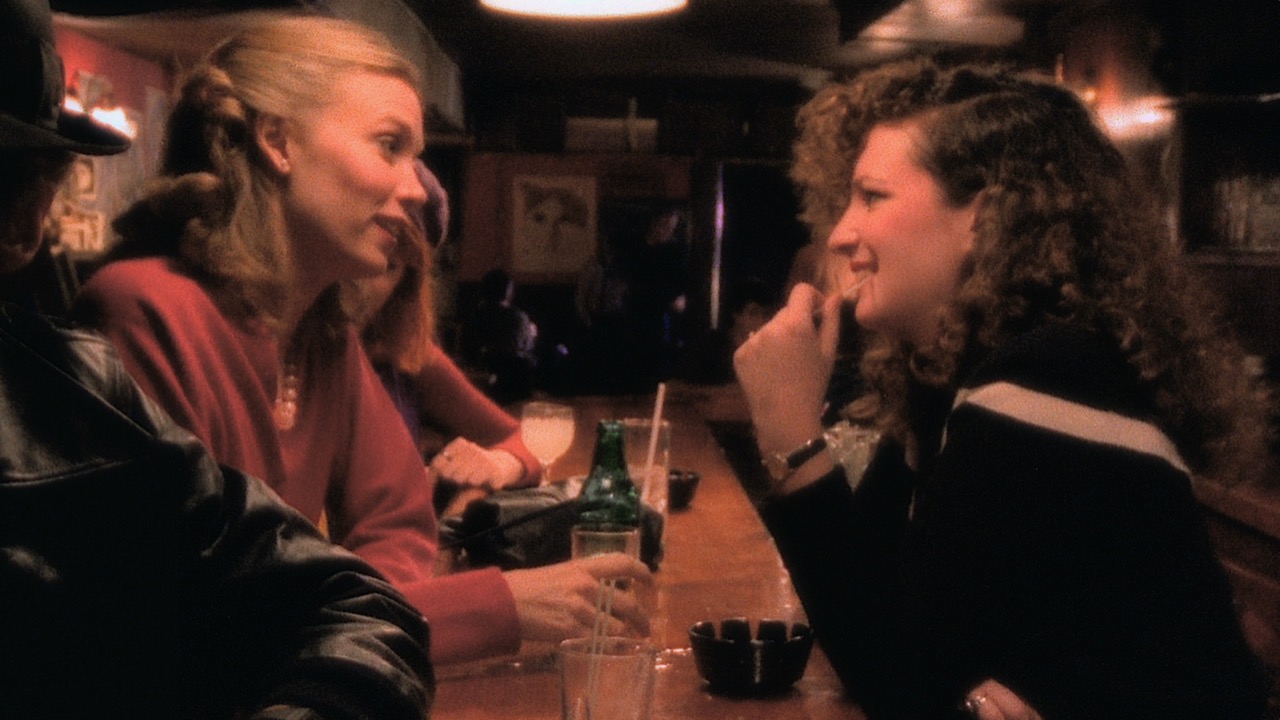
Bette Gordon’s Variety is a strange yet vital feminist psychological noir that blends voyeurism, sexuality, and urban decay to form something quite unique. Sandy McLeod plays Christine, a woman who takes a job selling tickets at a Times Square porn theatre and slowly becomes obsessed with one of the patrons.
Shot with downtown New York grit and scored by John Lurie, the film feels like a hybrid of Taxi Driver (1976) and Jeanne Dielman (1975) by way of Hardcore (1979) but through a uniquely female lens.
Variety is less concerned with plot than mood, but its influence on later indie and art house films, as well as the impact on future female film makers like Jane Campion and Claire Denis, is undeniable.
Gordon’s film remains a fascinating curio of the early ’80s underground scene and deserves to be seen by a much wider audience.
4. Tightrope (1984)

Clint Eastwood starring in a sex thriller might sound like parody, but Tightrope is a much more hardened and bleak film then it’s given credit for and provides a much more prescient touchpoint over forty years on.
Eastwood plays a New Orleans detective tracking a serial killer who preys on sex workers—but as the investigation progresses, he finds himself drawn into the same underworld as the killer.
The line between hunter and hunted becomes uncomfortably blurred, and whilst you might immediately think of William Friedkin’s Cruising (1980), Tightrope holds its own in dealing with difficult subject matter, at a time when it perhaps wasn’t at the forefront of mainstream media.
Eastwood is at his most vulnerable here, playing a man wrestling with his own impulses, and the film—directed by Richard Tuggle but heavily shaped by Eastwood himself—feels like a deep dive into toxic masculinity long before that term was even coined. Sleazy, stylish, and far more psychologically probing than anyone might expect.
5. The Mission (1986)
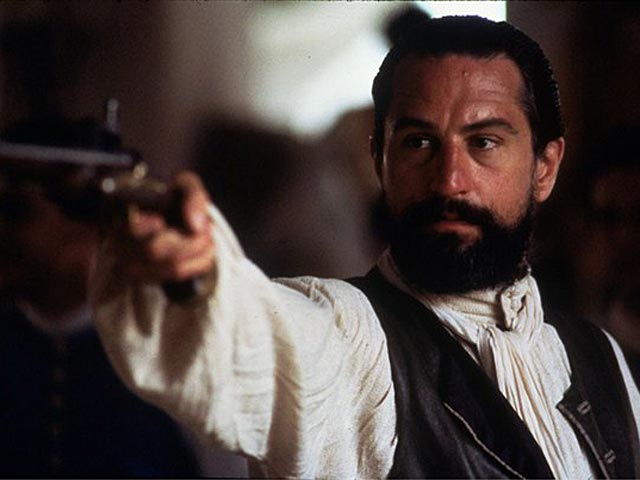
Though remembered as a British production, The Mission was largely financed and distributed through Warner Bros., with Robert De Niro and Jeremy Irons anchoring this sweeping, morally complex tale set in 18th-century South America.
Roland Joffé’s film examines colonialism, faith, and redemption, set against one of the most breathtaking scores ever written (Ennio Morricone in divine form). De Niro plays a mercenary seeking penance, while Irons is the Jesuit priest caught between religion and politics, thematically and spiritually it shares much with Martin Scorsese’s passion project Silence (2016).
The Mission won the Palme d’Or but was bizarrely snubbed at the Oscars and has since very much taken a back seat when people discuss classics of the era. Despite its epic scale, The Mission remains a quiet, intimate film about belief and sacrifice, and without doubt needs a re-release on the big screen.